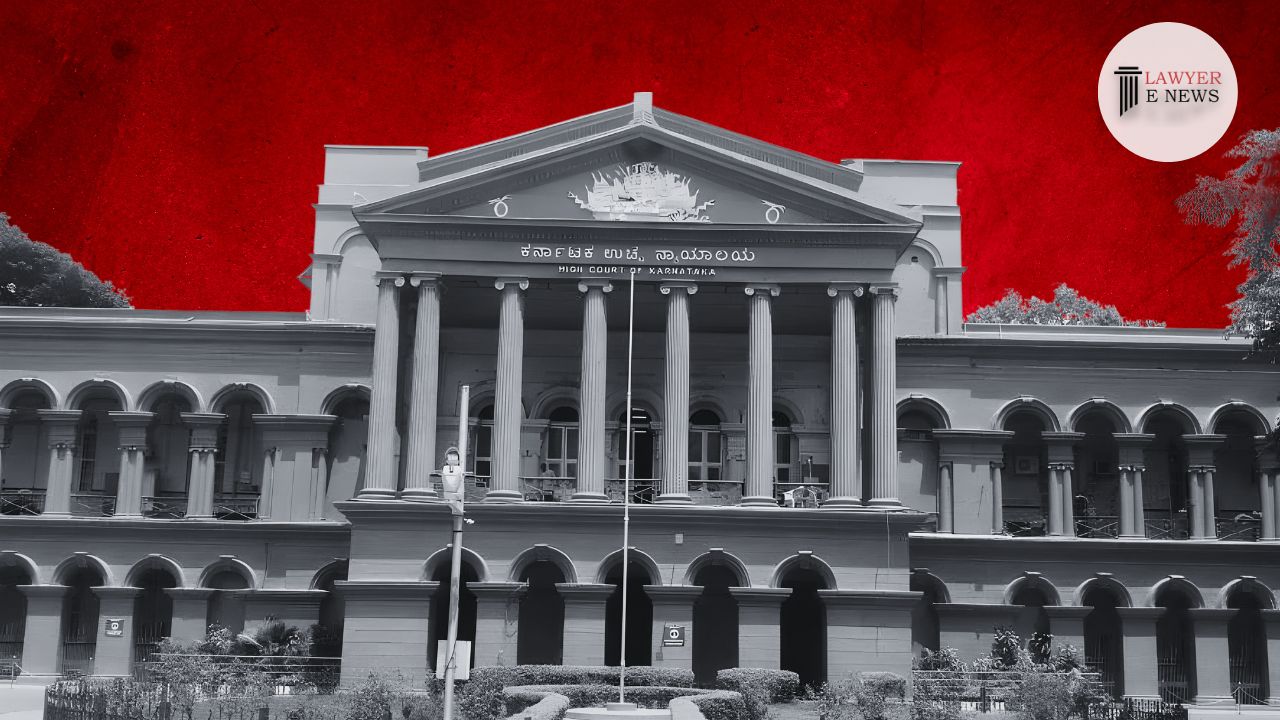-
by Admin
18 February 2026 3:03 AM



In a significant ruling, the Karnataka High Court at Kalaburagi Bench has upheld the legality of conducting cross-examination through video conferencing. The decision was delivered by THE HON'BLE MR. JUSTICE VENKATESH NAIK T. on the 11th of August, 2023.
The case revolved around the petitioner, Mahadev, who sought to quash an order allowing the recall of PW5 for cross-examination through video conferencing in a criminal case. The accused was charged with abusing a Judicial Officer over the non-signing of a GIS bill.
In the judgment, the Court observed that "Recording of evidence by video conferencing is permissible. A proviso was inserted to Sub-Section (1) to Section 275 of Code of Criminal Procedure, 1973, by Act 5 of 2009 (Code of Criminal Procedure amendment) Act, 2008." [Para 9]
The Court further referred to the detailed rules and procedures laid down for video conferencing, including the examination of persons and exhibiting or showing documents, and concluded that the trial Court's decision was in accordance with the law.
The High Court held that the trial Court's decision to recall PW5 for cross-examination through video conferencing was permissible and did not affect the rights of the accused. The petition was dismissed.
This ruling sets a precedent and emphasizes the legal acceptance of modern technological methods in court proceedings, aligning with the efforts to mitigate the workload of courts and save time. It also highlights the importance of adhering to the established rules and procedures for conducting video conferencing in legal matters.
Date of Decision: 11TH DAY OF AUGUST, 2023
MAHADEV vs THE STATE OF KARNATAKA
